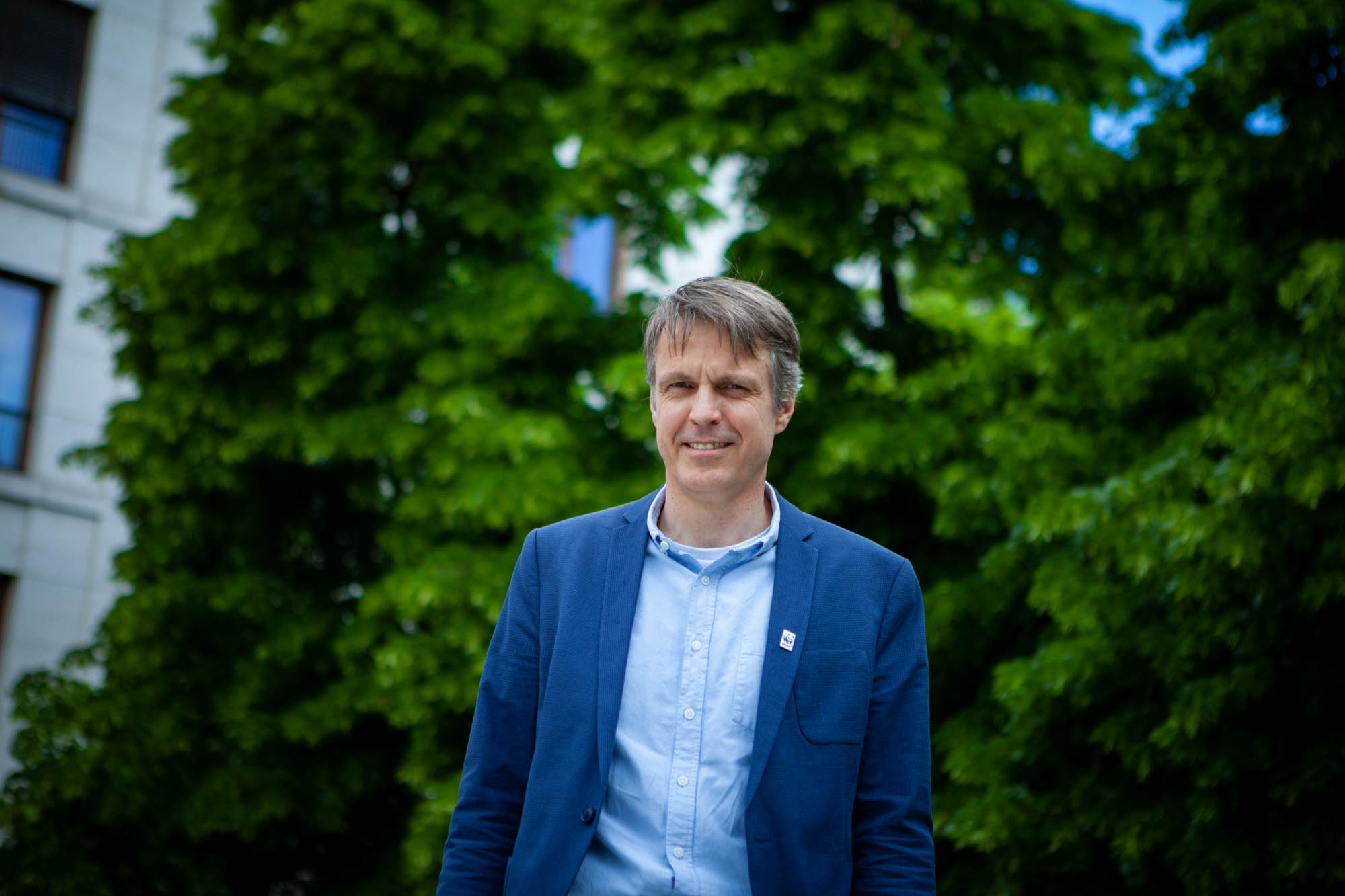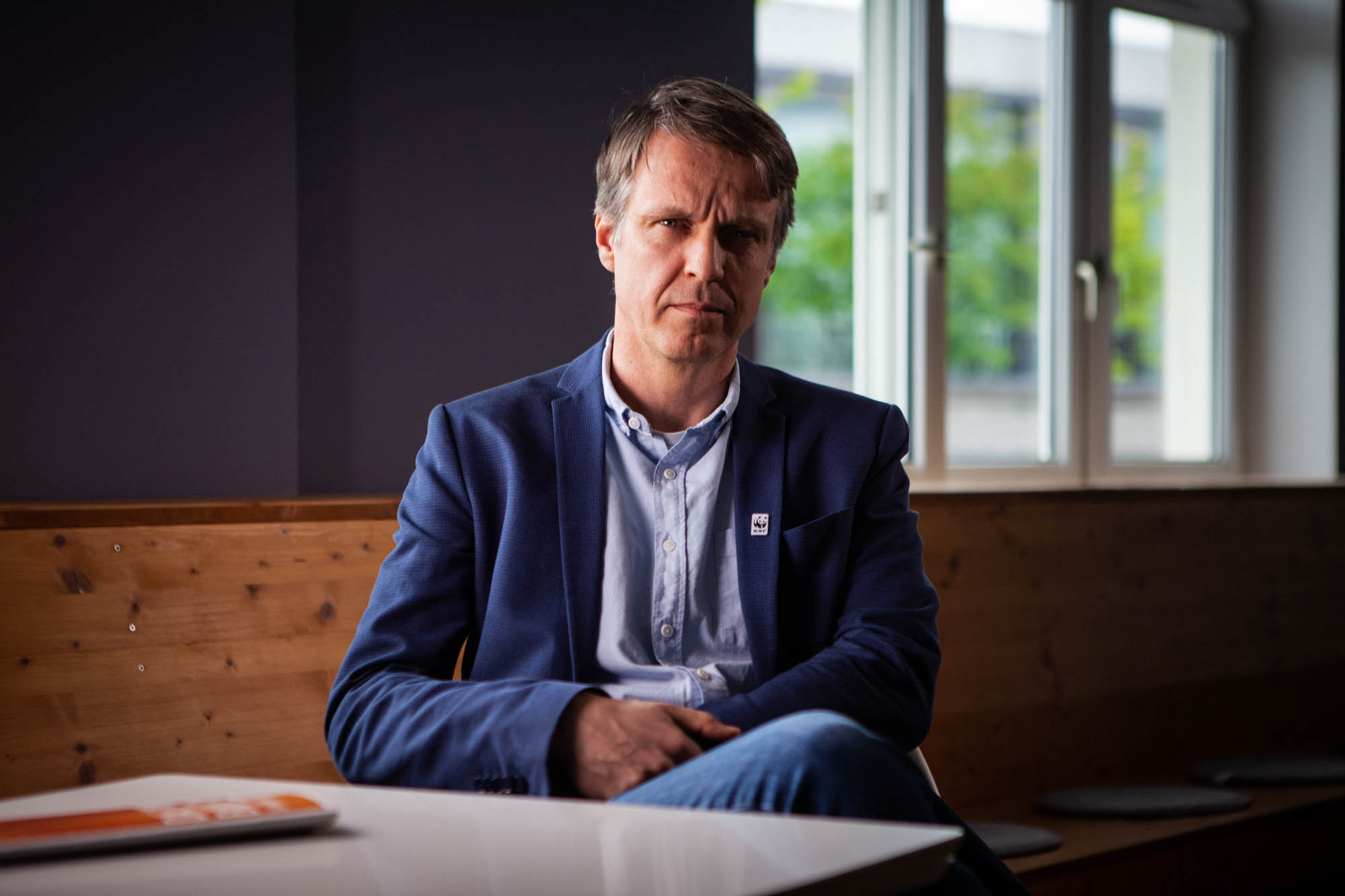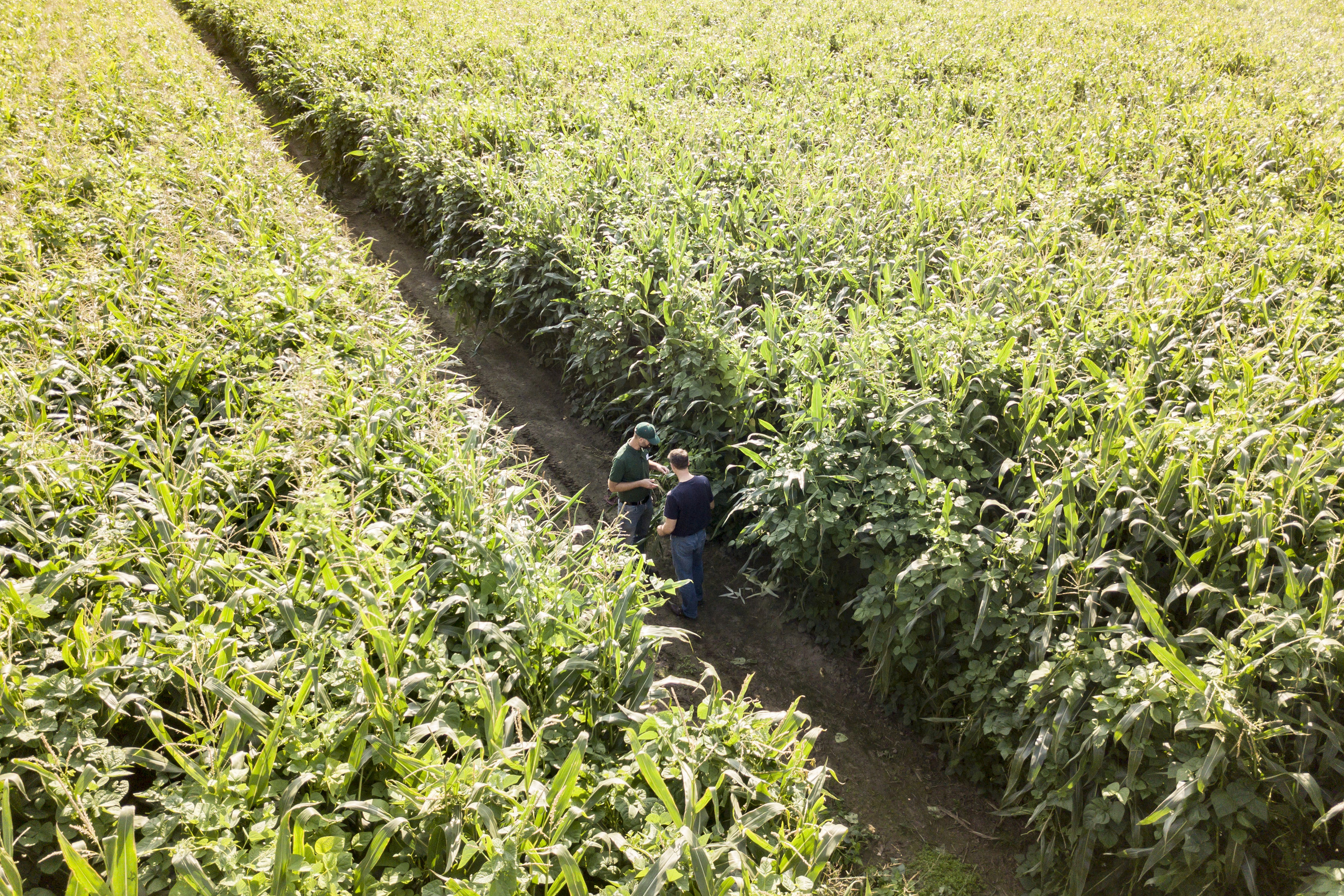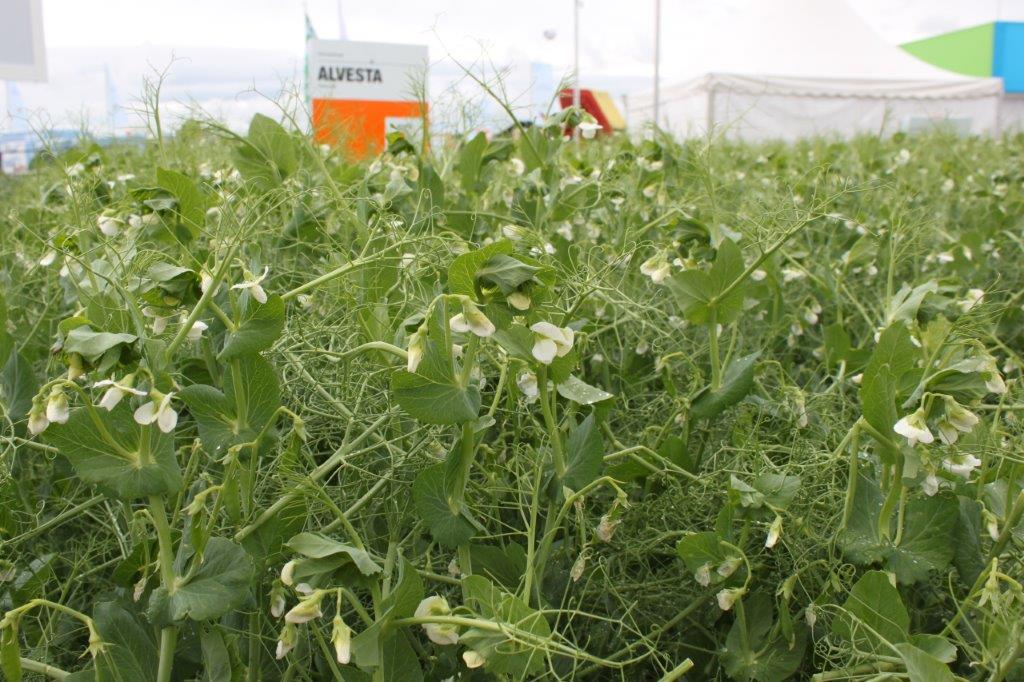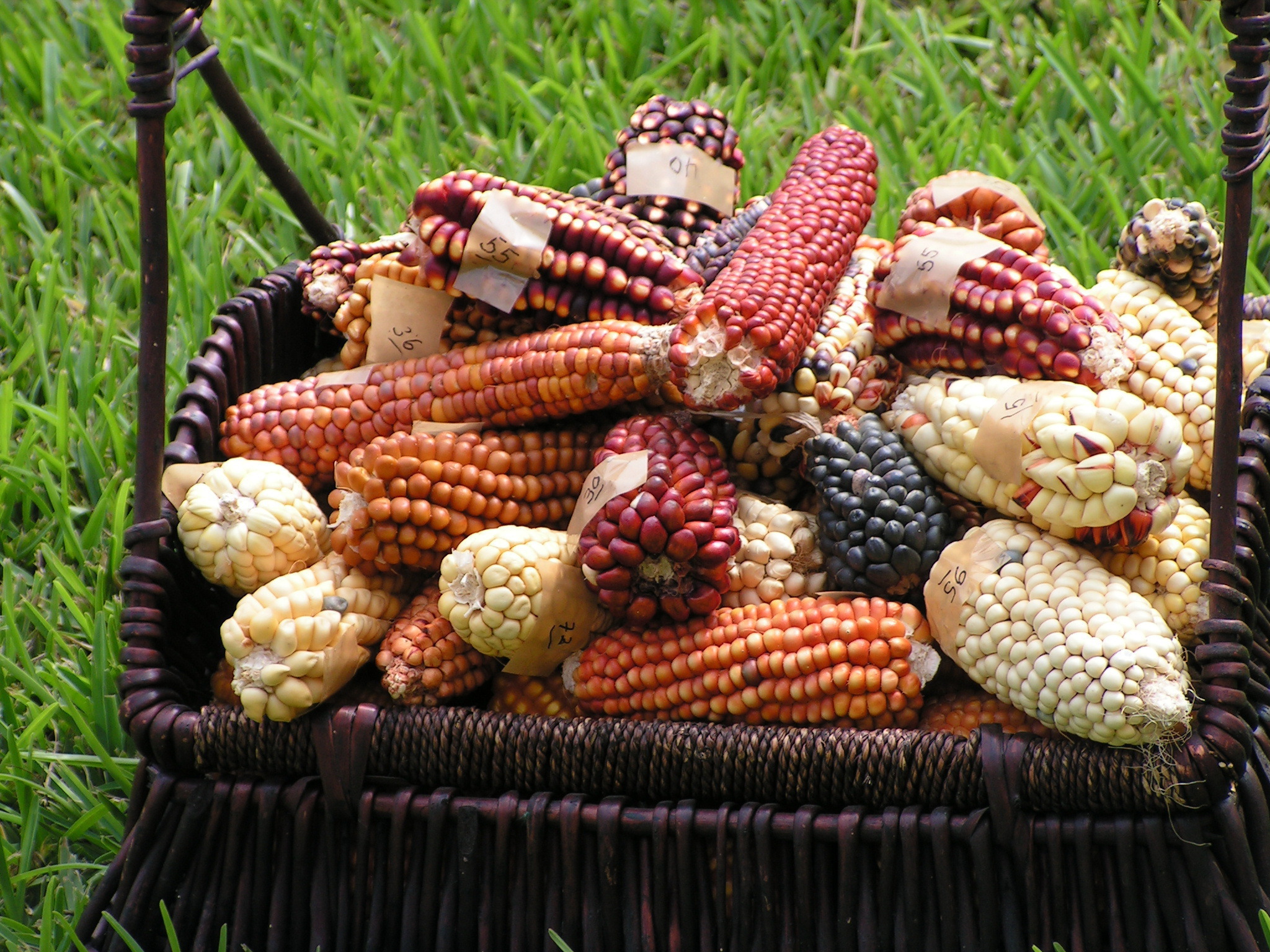“We need greater recognition for agriculture”
Soil that has a high humus content is the key to growing healthy plants and having high yields. Moreover, it is also an ideal store of carbon and contributes to climate protection. Building up humus should be rewarded, says Rolf Sommer from WWF. This soil expert is very familiar with the many challenges that currently face the agricultural sector and explains the importance of soil management and the design of crop rotation, the breeding of drought-tolerant varieties and the cultivation of clover grass.
Promoting dialogue – for sustainable agriculture
Climate change poses immense challenges for the agricultural sector. As a partner for farmers, KWS would like to play its part in securing the agricultural sector for the future, despite changing framework conditions. After all, we are well aware of the huge responsibility that we have in working together with all those involved in the value chain in order to ensure food security for the 10 billion people that are estimated to populate the globe in 2050.
We believe that the debate on what agriculture of the future might look like, with all its conflicting goals, is enormously important. This is why we will also be presenting different views and perspectives in the “World of Farming” in the future. Transparency leads to understanding and, in the best case, to the establishment of harmonious relations in order to jointly master the challenges of the future.
“Humus stores enormous amounts of carbon. That is active climate protection! And farmers must be rewarded for this!”
“Farmers must be paid to produce good food without harming the environment.”
Discover more
Your contact person



